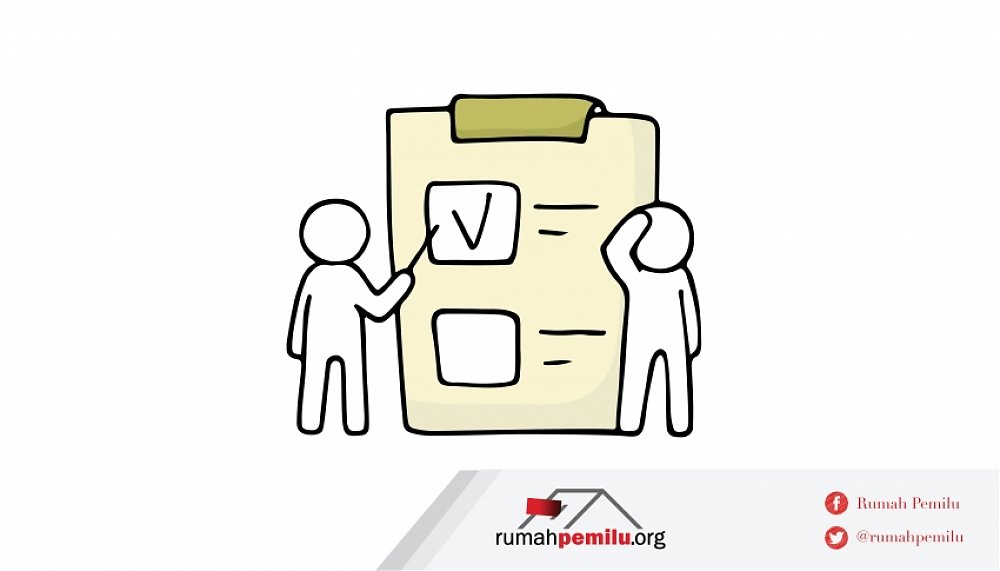The chairman of the Timor Leste Press Council, Virgilio Silva Guterres, said that Timor Leste also faces the problem of disinformation and hate speech on social media. In fact, the amount of disinformation increases before and during the election stage. Disinformation is widely spread by candidates in elections as a campaign winning strategy.
“In the 2022 Timor Leste elections, all candidates use social media to spread propaganda, most of which contain disinformation. They also use buzzers," said Virgilio, at the online discussion "The Growth of Civic Tech and Online Campaign, a Way to Bring Democracy Closer to People," on Friday (9/2).
Facebook is the most widely used social media platform by the people of Timor Leste. One third of Timor Leste's population, which is more than 400 thousand people, are Facebook users.
According to Virgilio, social media platforms open up new opportunities for ordinary citizens to express their opinions to politicians and election participants. However, social media also increases the exposure of voters to election disinformation. Efforts are needed to deal with disinformation so that voters are free from interference with the right to vote.
“We want voters not only to vote at polling stations, but they understand the political context, political campaigns, so that they can exercise their right to vote consciously, free from the influence of disinformation. Therefore, there must be digital literacy," said Virgilio.
He also mentioned the challenge of the limitations of Facebook's artificial intelligence, which is not yet able to recognize local languages. Hate speech is often delivered in local languages, so Facebook cannot recognize content that violates community standards.
"We have also reported content containing hate speech to Facebook several times, but did not get a response because the content reported was in a local language that Facebook administrators did not understand," said Virgilio. []
This article is translated by Catherine Natalia.











